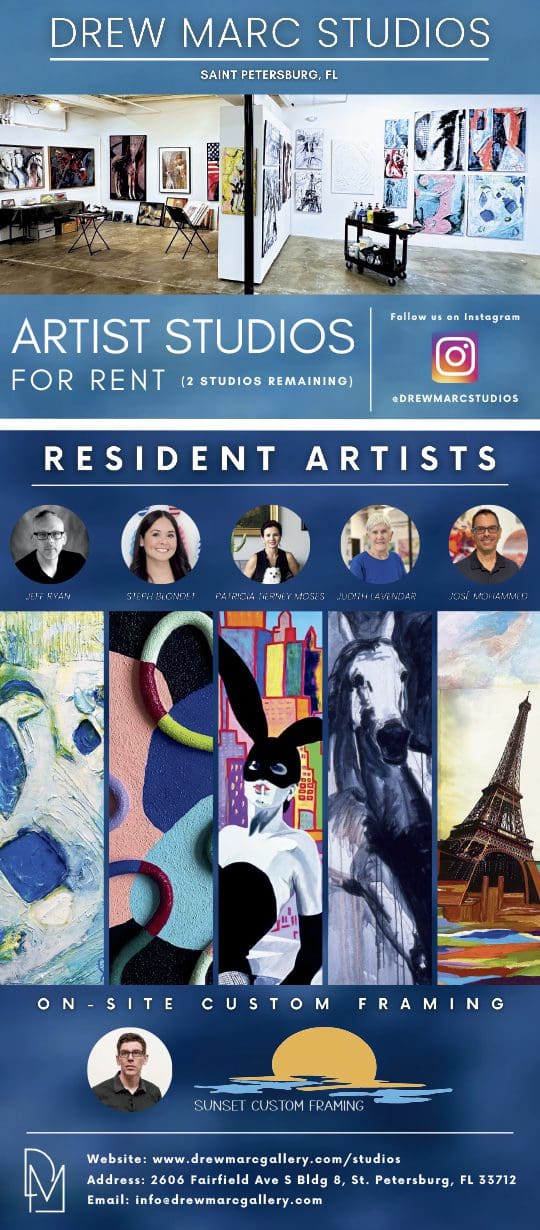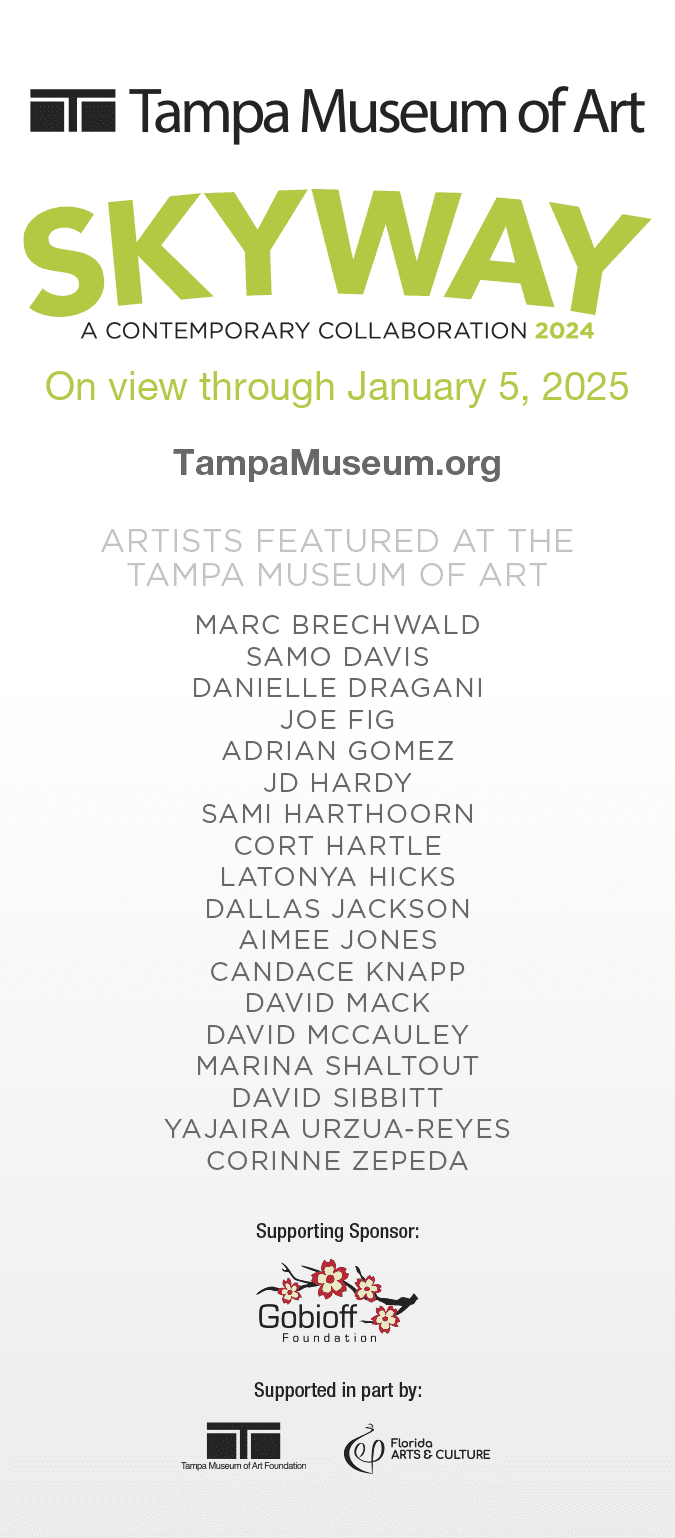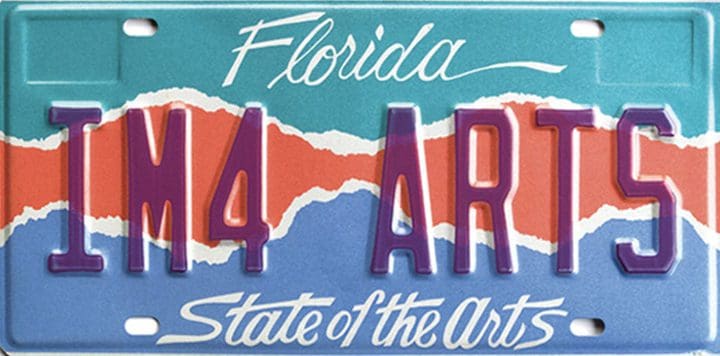By Markus Gottschlich
At its essence, advocacy is the art of speaking for those who cannot. It requires not just a voice but a commitment, unyielding and immediate. There is no luxury of time to ponder when the moment arrives; response is paramount, as any EMT will tell you, for inaction can be fatal.
In Florida, the arts community finds itself at a critical juncture, one that might be likened to an arterial bleed. The Governor’s recent veto of funding for arts nonprofits has sent shockwaves through the cultural landscape. This move, unprecedented in its scope, has ignited a debate that transcends the usual political dichotomies. Historically, governors from both sides of the political spectrum have either supported the arts or, at the very least, refrained from undermining them. The arts have never been the sole preserve of one ideology or another. Moreover, the notion that this veto reflects a flaw in the nonprofit business model is misguided.
NON-PROFITS
Nonprofits, particularly in the arts, have always walked a delicate balance between earned income and contributed revenue, a dance involving both public and private funds. The idea that “real art” will naturally flourish under the invisible hand of the free market is, frankly, a fallacy. It is a charming fiction, but a fiction, nonetheless. Similarly, the belief that if we simply “take care of the art, the art will take care of us” portrays a fundamental misunderstanding of the relationship between art and commerce. Art, as history has shown us, has often relied on subsidies be they from Dukes, the church, or the state. Without such support, the kind of artistic freedom that allows for true innovation is often impossible. When commercial viability becomes the sole arbiter of value, art risks losing its soul, becoming mere entertainment rather than a means of expression and reflection.
It is perhaps not surprising, then, that in an election year, particularly one as fraught as 2024, there would be a tendency to prioritize entertainment over art. Distraction is often more palatable than introspection. This phenomenon, sometimes referred to as the “lipstick effect,” describes the curious uptick in sales of small luxuries during hard times, a balm for the collective psyche.
Yet if you think the arts community in Florida would quietly accept this fate, you haven’t been paying much attention.
In St. Petersburg, the response has been anything but subdued. Arts organizations have mobilized with a speed and vigor that speaks to the gravity of the situation. The Warehouse Arts District Association (WADA), in particular, has taken a leading role, not merely reacting but proactively positioning itself as a resource and advocate for artists and arts organizations. After all, it’s not a new stance for WADA; advocacy is built into its mission, the constant care for a sustainable environment for the arts is an ongoing concern.
The Governor’s veto on June 12 marked the beginning of a fight that the arts community did not seek, but one it cannot afford to retreat from. What’s at stake with the potential erosion of diverse arts and culture programming is nothing less than the soul and identity of a community, especially one as rich and kaleidoscopic as St. Petersburg’s. If cultural offerings fail to reflect the varied and diverse communities that comprise a place, that place becomes transient, a stopover rather than a home where roots can grow and a true sense of belonging can flourish. Lastly, it has been starkly reaffirmed that, despite what some might claim, art and its presentation are inherently political. If it wasn’t before in Florida, it certainly became so on June 12.
NO FREE LUNCH
In the aftermath of this debacle, several truths have come into sharp focus. Art, like air or water, is often perceived as a free commodity. When something is provided for free long enough, convincing the public of its true value, or even asking for increased funding, becomes an uphill battle. It has also become clear that efforts to educate the public must go hand in hand with advocacy. “Free” is only free due to subsidies; there remains, as always, “no free lunch.”
Ultimately, advocacy, like leadership, demands the courage to do what is right when the moment calls for it. It requires a form of activism, a readiness to stand up, to speak out, and to act when the stakes are highest. True advocacy is not opportunism dressed in the guise of altruism; it demands authenticity and an unwavering commitment to the cause. Much of the cultural tapestry of St. Petersburg is woven by nonprofits that tirelessly pursue noble missions and worthy causes. These organizations are the backbone of the ecosystem that justifies St. Pete’s claim to being a “City of the Arts.” Therefore, advocacy means that we must support the supporters.





